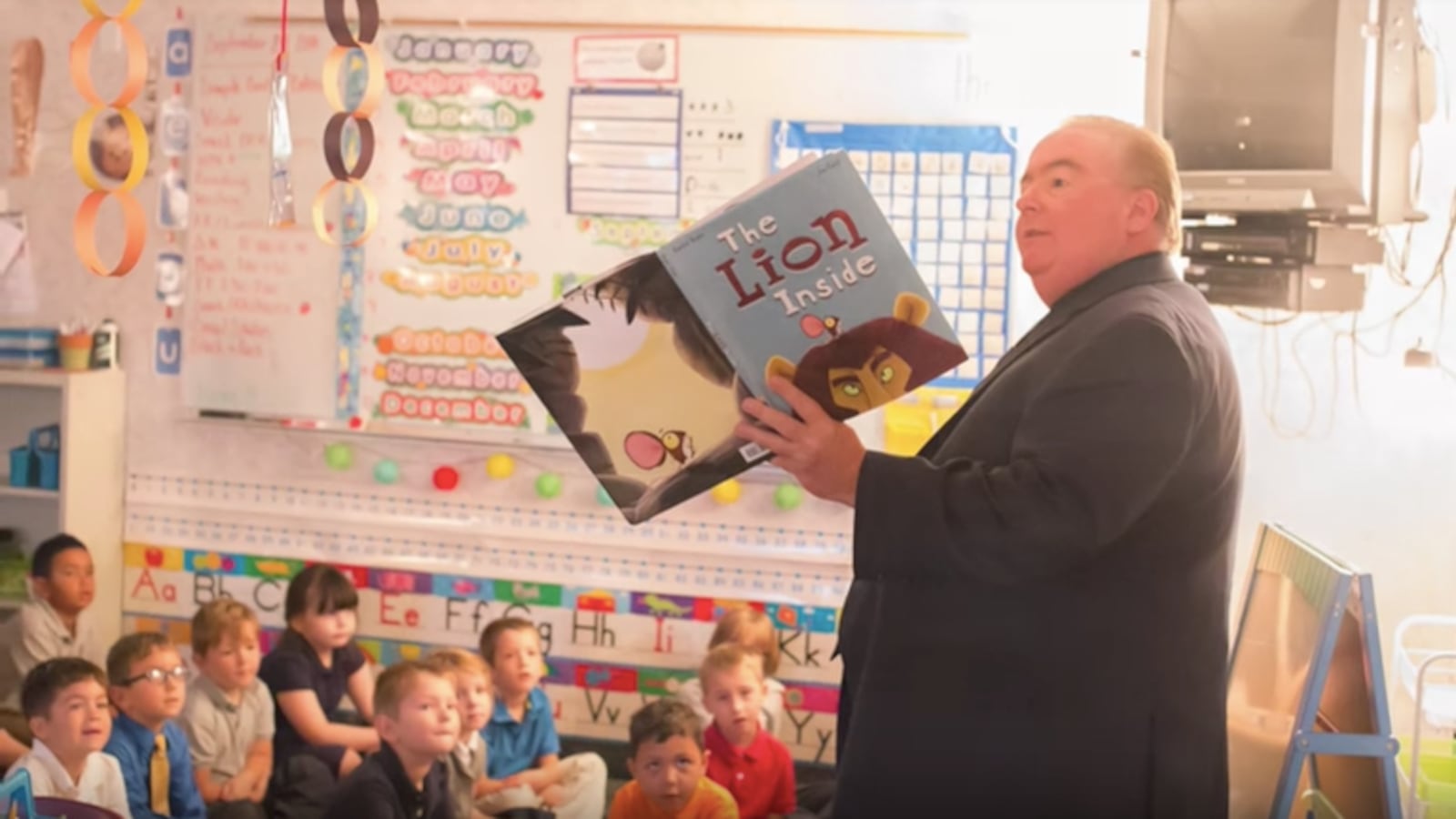The world is full of do-gooders, many of whom want to make a difference in the lives of struggling students. But Michigan’s top school official had this advice for schools: Think before accepting the help.
It’s a lesson state Superintendent Brian Whiston said he learned during visits last year to 38 schools that had been targeted for closure after years of low performance. Most of those schools — with the exception of a charter school that was closed by its authorizer — were given a chance to stay open after the state signed “partnership agreements” with the nine districts involved.
When the state visited those nine districts “what we did see is there were a lot of community partners who had brought in programs into the schools and the schools were in such dire shape, they took any help they could get,” Whiston said. “And while that’s appreciated, it sometimes worked against them.”
Whiston instead urged those schools — and others looking to improve — to be “laser-focused and not bring the flavor of the month.” Under the partnership agreements, the schools have 18 months to meet some improvement targets and three years to meet others.
For their part, he said, community groups have an obligation to focus, as well. Rather than offering what they think might work in a school, they should say, “I’m going to come in and sit down with the school district and say, ‘what does the data say’? And ‘what are your goals and what can we do to align to that’?”
The superintendent’s remarks came during a panel on poverty, racial equity and education at the Michigan League for Public Policy’s annual policy forum, which was held in a Lansing hotel on Wednesday.
Panelists, who also included Tonya Allen, president and CEO of the Skillman Foundation (a Chalkbeat supporter), and Marijata Daniel-Echols, the director of the Center for Health Equity Practice at the Michigan Public Health Institute, discussed ways to improve education for children who are living in poverty.
Proposed solutions included expanding quality preschool and after-school programs, and panelists discussed more equitable ways to fund schools in Michigan that would give those serving children with greater needs extra resources.
Much of the discussion was livestreamed. Watch it here:

